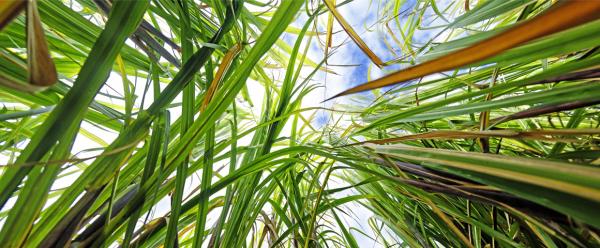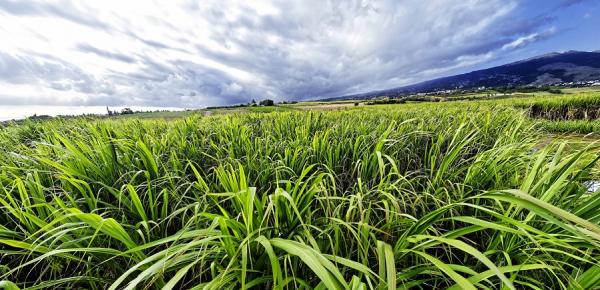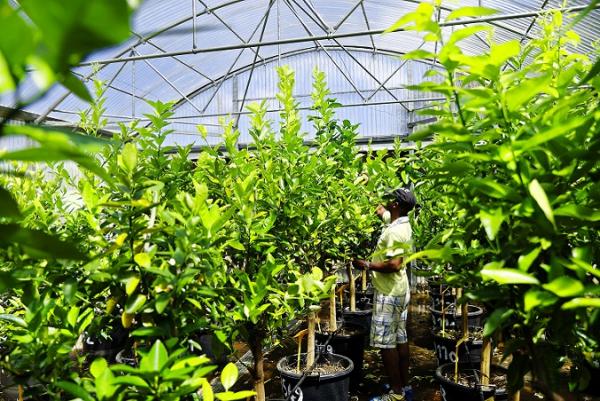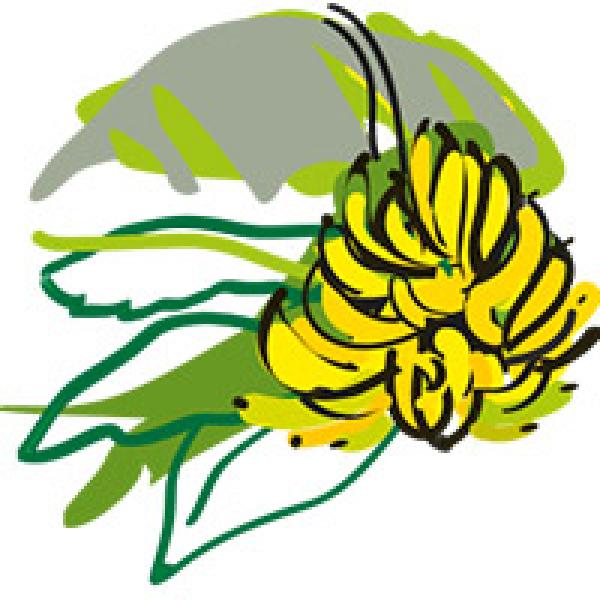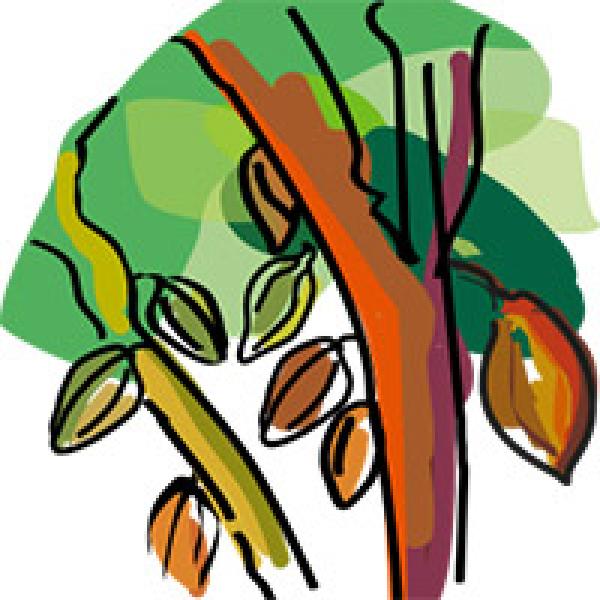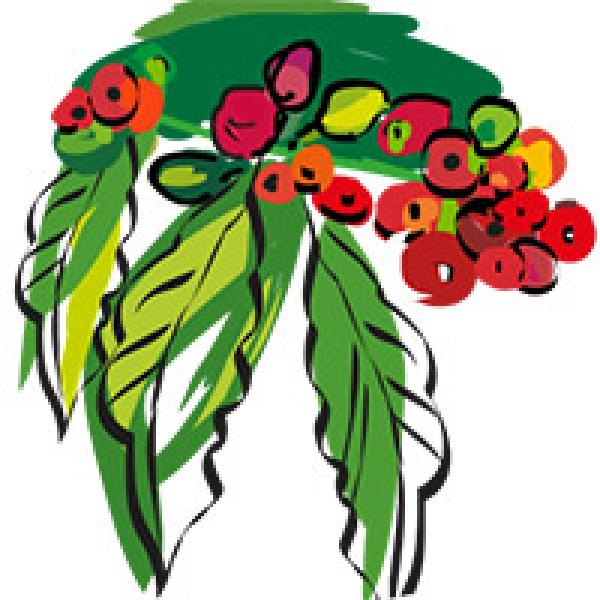Just out 15 October 2025
- Home
- Our activities, our impact
- Tropical value chains
- Sugarcane

Sugarcane
The figures for sugarcane
- 150 million tonnes of sugar produced by industry and by independent producers of all sizes
- Annual growth of 1.4% in sugar consumption.
- 80% of sugar comes from sugarcane, 20% from sugar beet
- Over 100 countries grow sugarcane, on a total of 265 000 km2
- Main producing countries: Brazil, India, China, Thailand.
- 1 t of cane = 100 to 150 kg of sugar or 100 litres of fuel ethanol
- 310 kg of bagasse (the fibrous residue left after crushing) = 130 kwh of electricity
The issues
The sustainability of the supply chain is reliant on maintaining the millions of small-scale producers and the economic equilibrium of sugar mills, and regulating international markets. Demand is growing, particularly for energy use (ethanol, electricity) and the extraction of new molecules from biomass. It is leading producers to clear new areas, at the risk of fragmenting natural landscapes (forests, grasslands) and jeopardizing biodiversity conservation. The challenge is to:
- Choose and develop types of products tailored to the various objectives as regards profitability and sustainability (economic, social, technical, environmental, etc.)
- Take account of local, regional and global market regulatory mechanisms
- Foster and promote the positive impacts of sugarcane on the environment, and minimize the adverse effects
- Support the framing of intensive crop practices through good crop practice certification
- Use by-products and mill waste (water, vinasse, bagasse, etc.) in plots
- Promote new crop management sequences to foster new supply chains (eg high-fibre sugarcane, certified organic supply chains)
- Provide public and private partners with guarantees of plant material quality by means of an international quarantine service
- Help develop a certified "organic" supply chain.


























